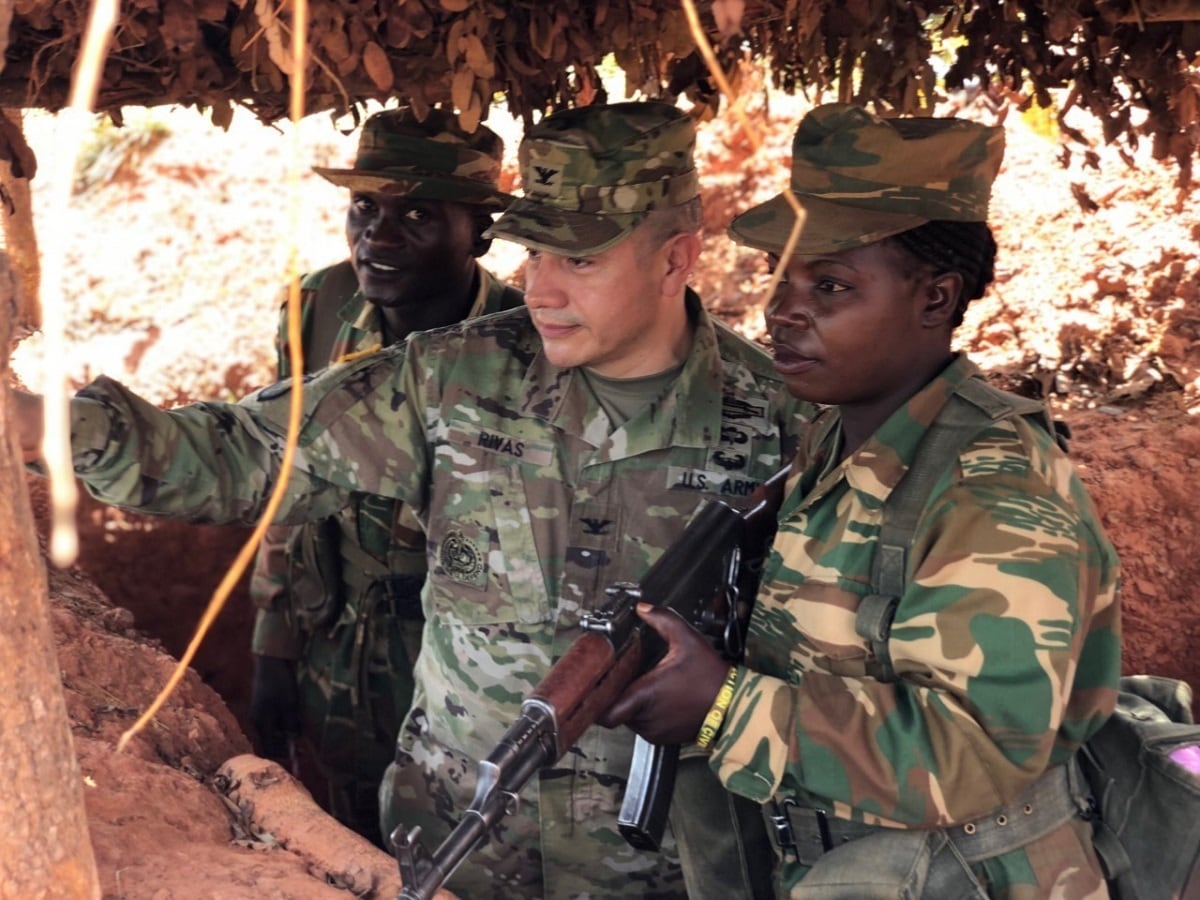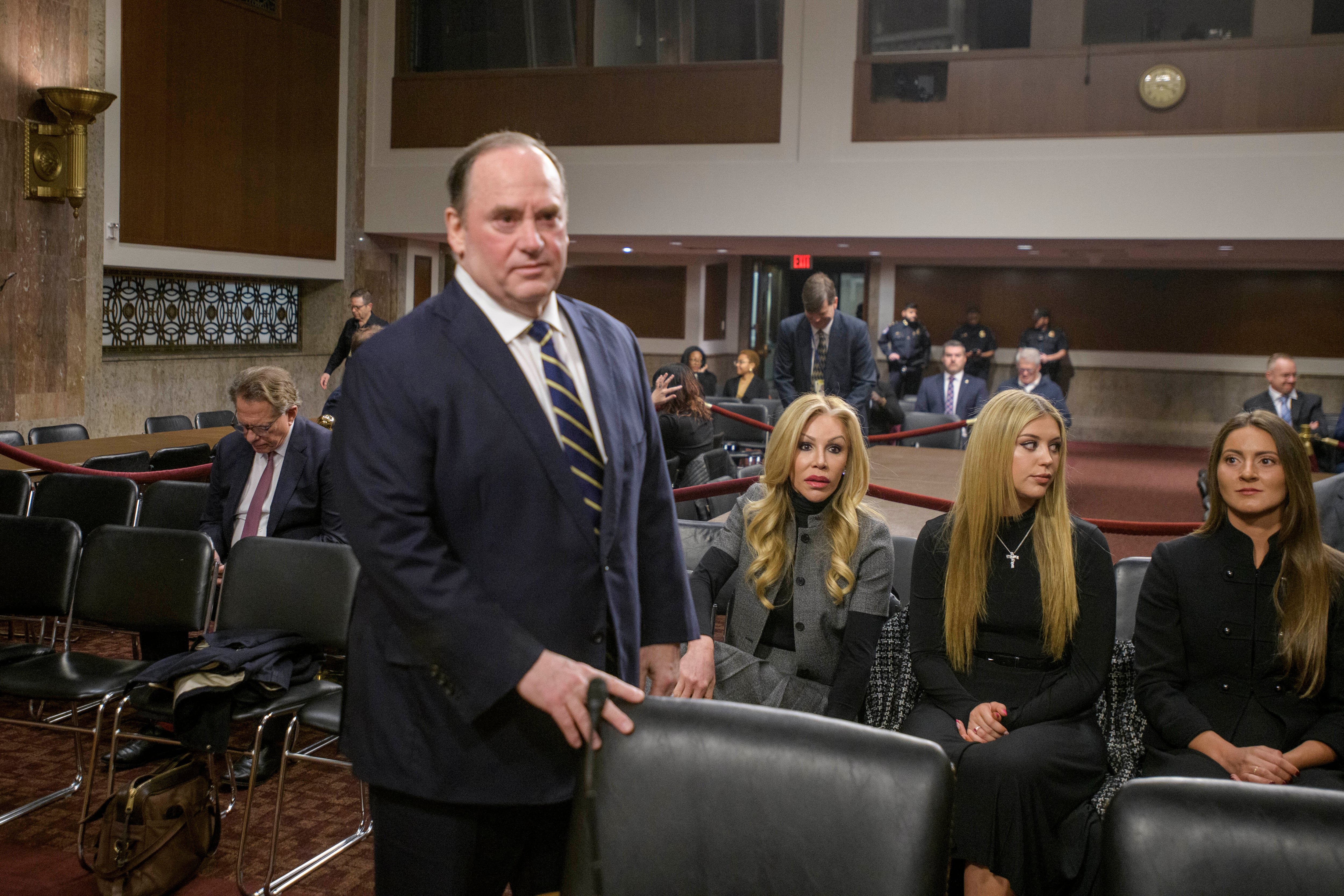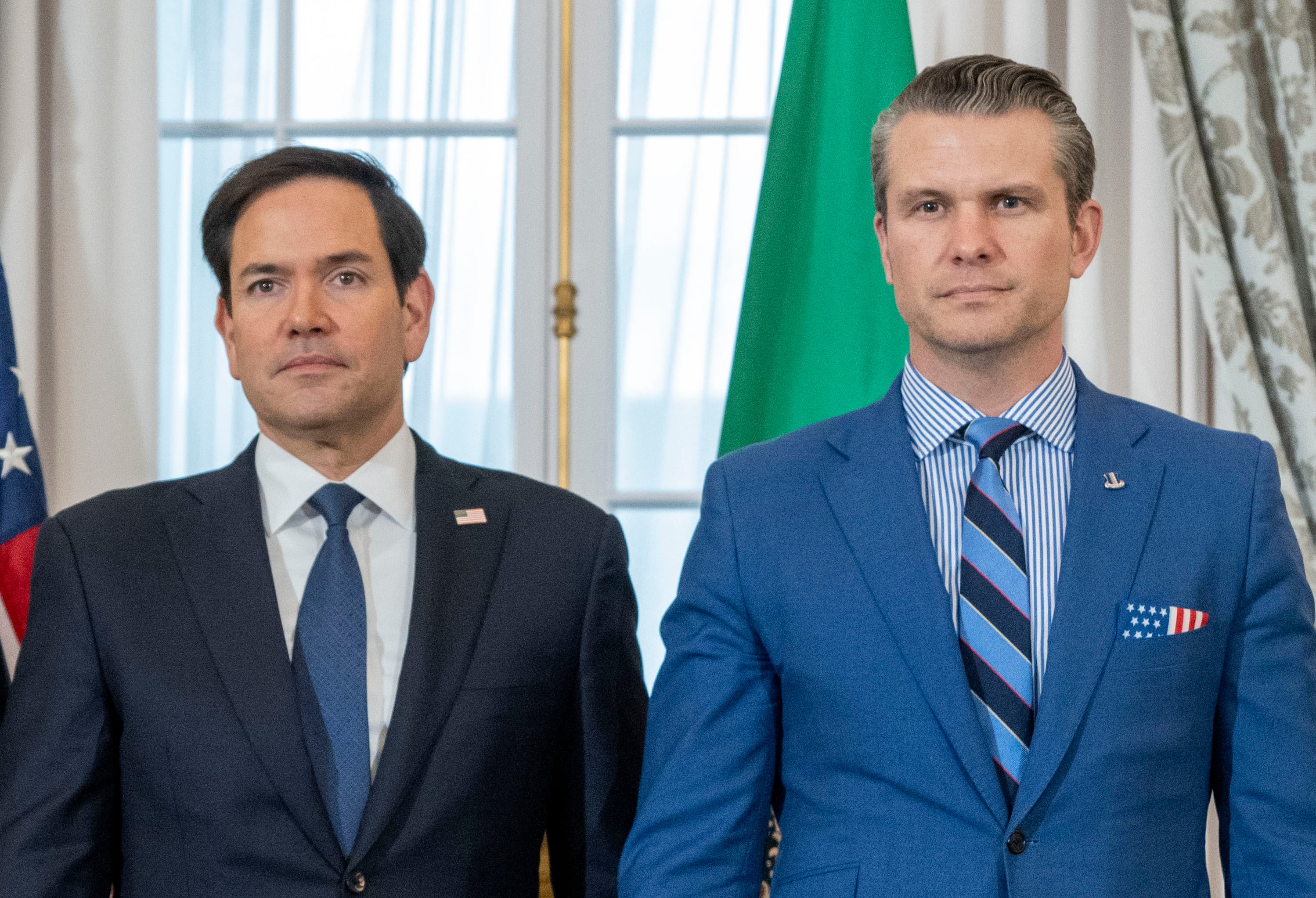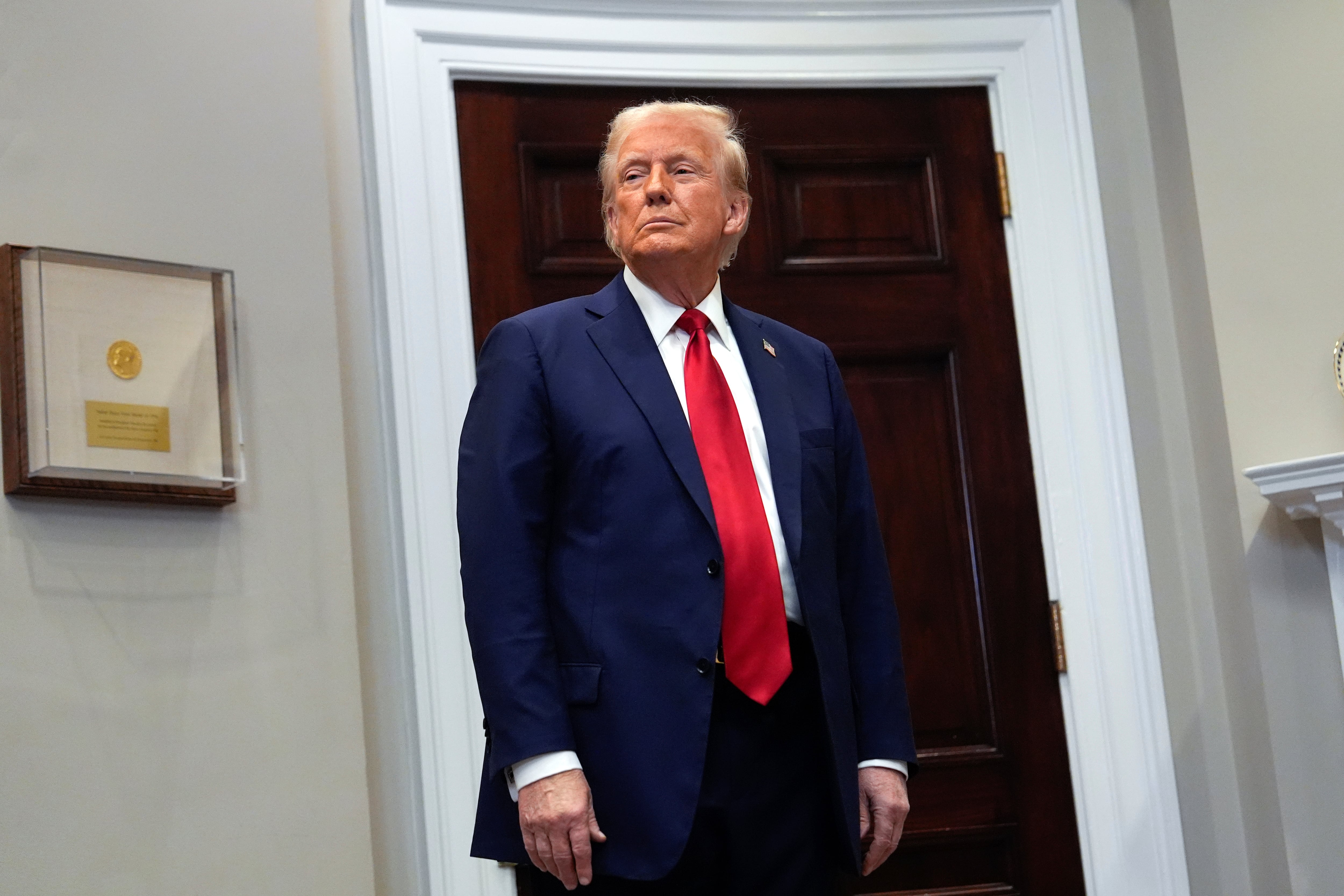Despite the recent attacks that have killed and wounded U.S. troops operating in Africa, the role of forces there remains in advising partners, not in direct combat, according to the Pentagon.
Staff Sgt. Alexander Conrad, 26, died last week in an attack while supporting Operation Octave Shield, the mission focused on terrorist groups in Somalia.
An estimated 800 Somali and Kenyan forces with the support of a couple dozen U.S. special operations forces were on a multi-day operation about 220 miles southwest of Mogadishu, U.S. Africa Command officials said.
RELATED
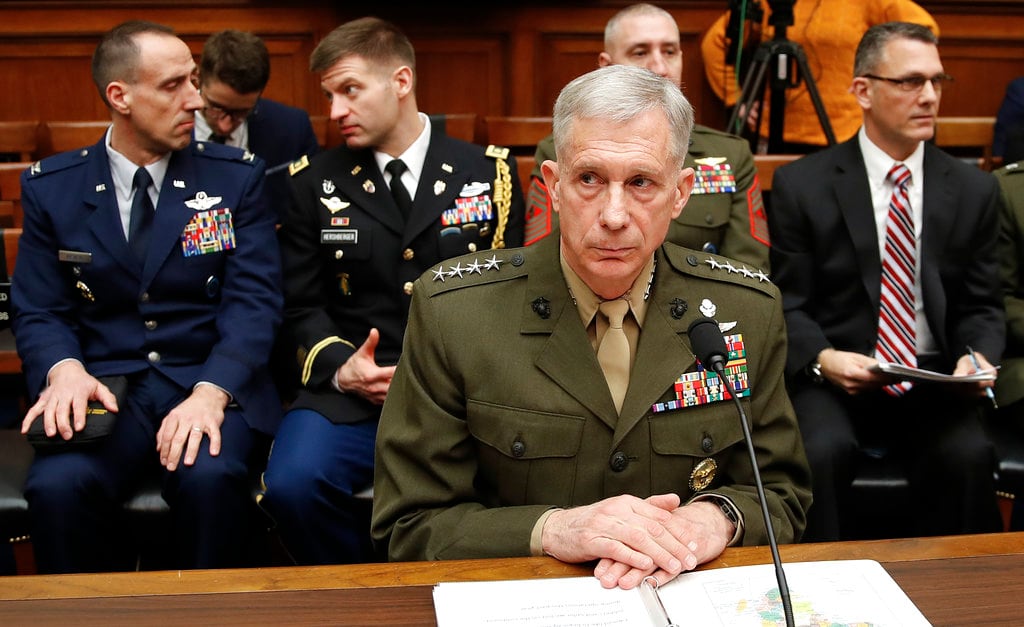
This week while speaking with the press, Defense Secretary James Mattis said that such forces are there to “advise them how to go about their job, train them in all the things we do. They’re not in the combat.”
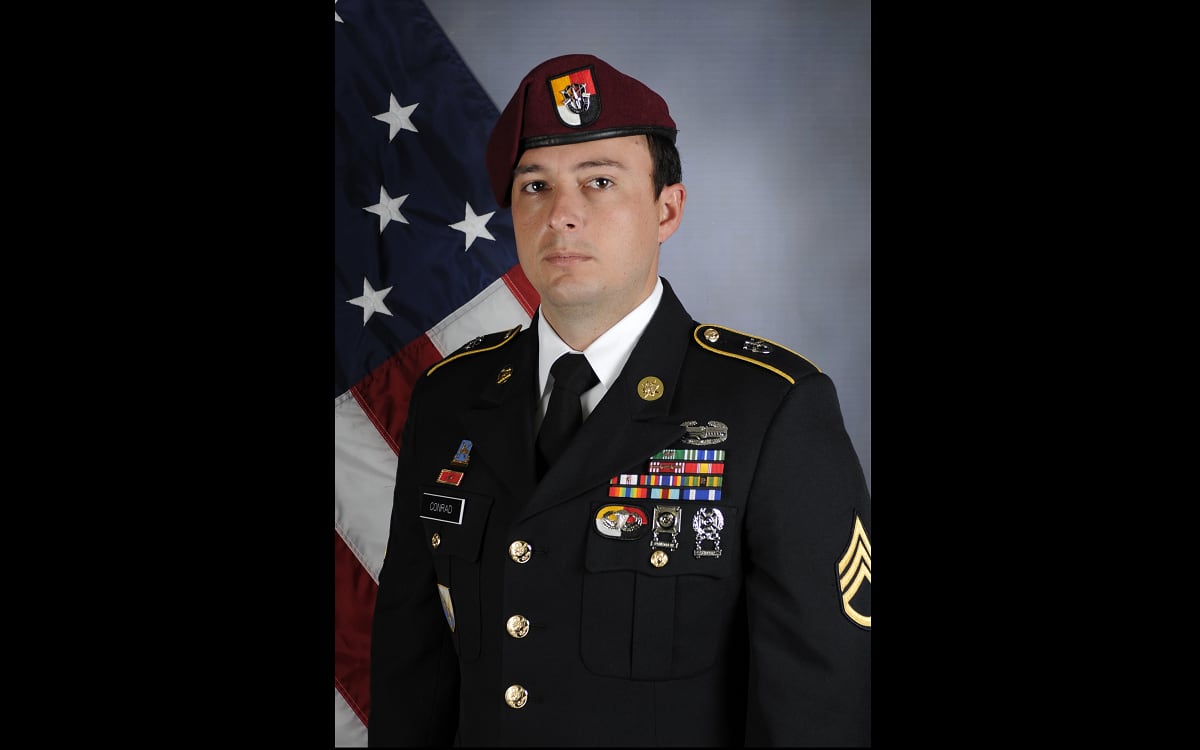
“Now, does that mean they’re completely safe? No, that’s why we use the U.S. Army,” Mattis said.
A decade into its existence, AFRICOM has remained largely out of the spotlight as higher intensity battles in Iraq, Afghanistan and Syria garner most public attention.
But this most recent death along with other higher-profile incidents over the past year have increased public scrutiny of the various missions being conducted on the continent.
RELATED
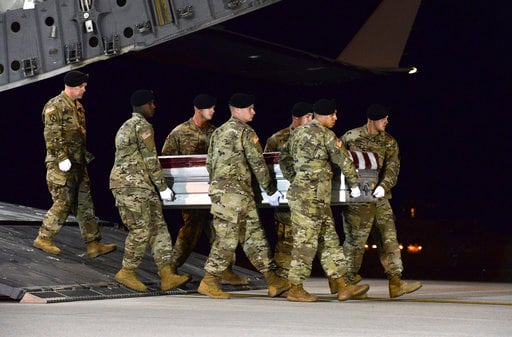
Four U.S. soldiers and four Nigerien troops died in an attack by as many as 100 Islamic State militants during an Oct. 4, 2017 attack.
The U.S. troops killed were: Staff Sgt. Bryan C. Black, Staff Sgt. Dustin M. Wright, Staff Sgt. Jeremiah W. Johnson and Sgt. La David T. Johnson.
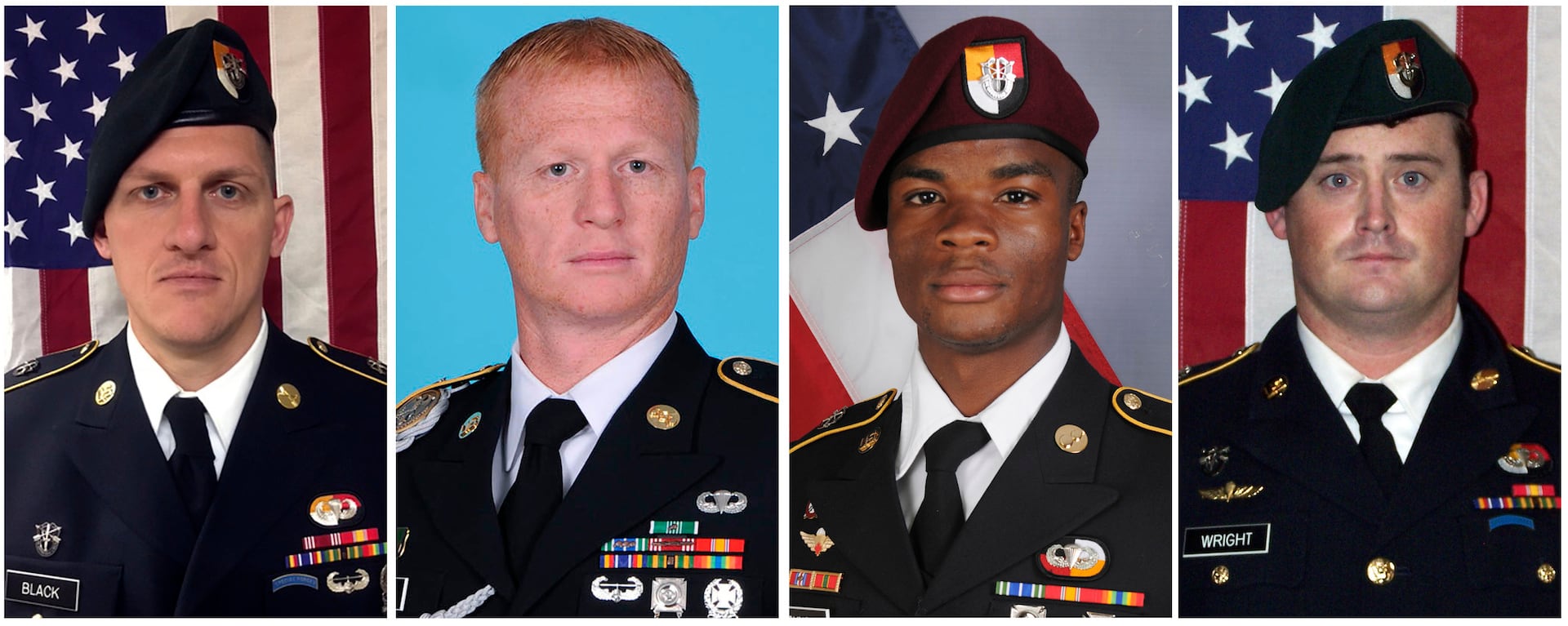
Those losses triggered an investigation, which concluded the forces were on a mission that lacked proper approval and was borne, in part, out of a risk-taking culture and complacency.
No such investigation has been publicly announced in relation to the death of Conrad.
RELATED
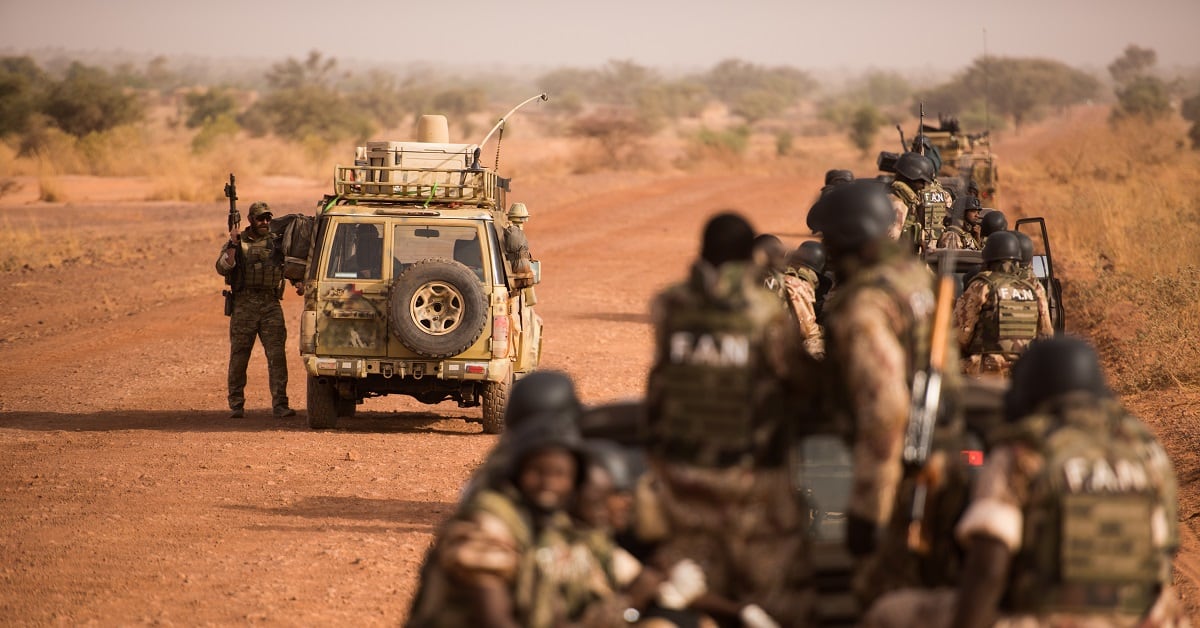
Mattis characterized the ongoing Africa mission as one that often involved such training and advising scenarios for partner forces. That requires deciding how many troops to train and what’s being trained. Those factors help determine the amount of U.S. forces and support needed.
“All of these things are looked at, and then you do assignment: number of troops for that task. Right now, it is totally done by, with and through our allies,” Mattis said.
He emphasized that there are “no strike forces there on the ground right now.”
But the option remains, if needed.
“Now, we could bring them in if we found, you know, an al-Qaida leader that we wanted to go after, and we would do that with — by, with and through, however, our allies,” he said.
Todd South has written about crime, courts, government and the military for multiple publications since 2004 and was named a 2014 Pulitzer finalist for a co-written project on witness intimidation. Todd is a Marine veteran of the Iraq War.
